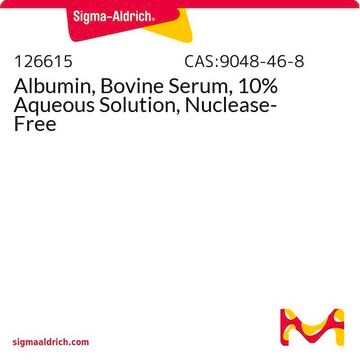SAB4200732
Anti-β-Tubulin I antibody, Mouse monoclonal
clone SAP.4G5, purified from hybridoma cell culture
Sinónimos:
Anti-TUBB
Seleccione un Tamaño
461,00 €
Seleccione un Tamaño
About This Item
461,00 €
Productos recomendados
origen biológico
mouse
forma del anticuerpo
purified from hybridoma cell culture
tipo de anticuerpo
primary antibodies
clon
SAP.4G5, monoclonal
Formulario
buffered aqueous solution
mol peso
~55 kDa
reactividad de especies
bovine, gerbil, Xenopus, human, canine, mouse, hamster, chicken, rat, monkey
concentración
~1.0 mg/mL
técnicas
immunoblotting: 0.06-0.12 μg/mL using HeLa cell extract
immunofluorescence: 1-2.5 μg/mL using HeLa cells
immunohistochemistry: 1-2 μg/mL using heat-retrieved formalin-fixed, paraffin-embedded human fallopian tube or testis sections.
isotipo
IgG1
Nº de acceso UniProt
Condiciones de envío
dry ice
temp. de almacenamiento
−20°C
modificación del objetivo postraduccional
unmodified
Información sobre el gen
human ... TUBB(203068)
Descripción general
Inmunógeno
Aplicación
- immunoblotting
- immunofluorescence
- immunohistochemistry
Acciones bioquímicas o fisiológicas
Forma física
Cláusula de descargo de responsabilidad
¿No encuentra el producto adecuado?
Pruebe nuestro Herramienta de selección de productos.
Código de clase de almacenamiento
10 - Combustible liquids
Clase de riesgo para el agua (WGK)
WGK 1
Punto de inflamabilidad (°F)
Not applicable
Punto de inflamabilidad (°C)
Not applicable
Elija entre una de las versiones más recientes:
Certificados de análisis (COA)
¿No ve la versión correcta?
Si necesita una versión concreta, puede buscar un certificado específico por el número de lote.
¿Ya tiene este producto?
Encuentre la documentación para los productos que ha comprado recientemente en la Biblioteca de documentos.
Filtros activos
Nuestro equipo de científicos tiene experiencia en todas las áreas de investigación: Ciencias de la vida, Ciencia de los materiales, Síntesis química, Cromatografía, Analítica y muchas otras.
Póngase en contacto con el Servicio técnico








